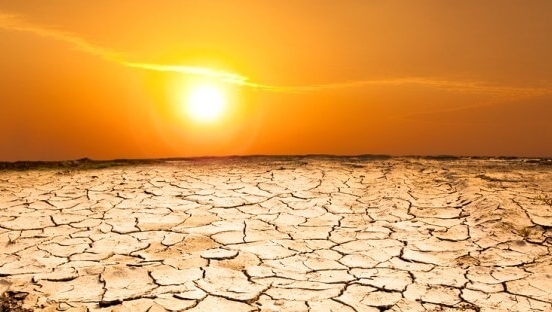| Hot Topic: Extreme weather.
Record-breaking heat is gripping the Southwestern U.S. this month, exposing 300 million people to triple-digit temperatures for days on end and reaching all-time highs in some cities, including 110° in Roswell, NM, 121° in Palm Springs, CA and 128° in Death Valley, CA. At the same time, an unprecedented heatwave is spiking temperatures in normally frigid Siberia, which scientists say would not be possible in the absence of human-induced climate change.
Meanwhile, a report out this week confirms that five states experienced record days of flooding last year due to sea-level rise, and warns that U.S. coastal communities could experience up to 270 days of flooding each year by 2050 if planet-warming emissions continue.
This news comes as new data reveals that global methane emissions have now reached a record high. Scientists warn that if these emissions continue unabated, extreme weather events will increase in both intensity and frequency around the world—and curbing them will not be possible without strong leadership in all countries, including the U.S.
This week, presumptive Democratic presidential nominee Joe Biden unveiled his $2 trillion plan to put America back in the driver’s seat on climate. His proposal focuses on funding a transition to clean energy in the transportation, electricity and building sectors, and sets ambitious targets to create clean-energy jobs and eliminate emissions in the U.S. energy sector. The plan also emphasizes environmental justice, calling for the creation of an Environmental and Climate Justice Division within the DOJ and mandating pollution-level monitoring in communities near polluting facilities. These goals prioritize tackling climate change as an existential threat to humanity, with the goal of reversing the damage of the last four years and setting us back on a path to protecting humanity, biodiversity and the planet we call home.
—Matt & Traci, GMMB |

